In a decision drawing parallels with Apple, Alphabet is reportedly ratcheting down its goals for self-driving cars, scrapping plans to build a vehicle without pedals or a steering wheel — at least for the foreseeable future. [Updated with Alphabet's Waymo spinoff announcement]
Instead Alphabet will be partnering with existing automakers on a model with a conventional cockpit, sources told The Information. The decision was reportedly made by CEO Larry Page and CFO Ruth Porat, who came to the conclusion that ditching a steering wheel and pedals would be impractical — likely because U.S. regulatory guidelines still insist on them.
Page is, however, claimed to be spinning the self-driving division — known as Chauffeur — out of Google X into a separate company to be announced soon. The heads of Chauffeur are said to be considering launching a commercial ridehailing service with self-driving vehicles by the end of 2017, joining an arena Uber has already been experimenting with.
Prospects for a commercial Chauffeur service are said to depend on the performance of the modified Chrysler Pacifica minivans the company may already be testing. If they succeed, production could be increased into hundreds of vehicles, forming the basis for a ridehailing fleet.
The Information's sources suggest that such a service probably wouldn't launch in California, which is seen as having too many regulatory limits. Two possibilities are thought to include Austin, Tex. and Phoenix, Ariz., both places where Chauffeur has tested self-driving cars.
Representatives have supposedly talked to existing ridesharing companies like Lyft about integrating a Chauffeur fleet, but Chauffeur is still said to prefer its own network, or at least direct interaction with riders.
The unit's new dirction is said to be counter to the hopes of Google co-founder Sergey Brin, who wanted working on a wheel-free cockpit to continue. In fact a number of people have reportedly left Chauffeur in past year, though at least some of them because they thought Google wasn't moving quickly enough towards a commercial product.
Chauffeur has allegedly considered ways of making its technology available in individually-sold cars, but that may not be as profitable as ridehailing.
Recent reports have indicated that Apple has temporarily dropped efforts to design its own car, shifting focus to an underlying self-driving platform. The company is expected to pick a new direction in late 2017, either resuming work on its own design or partnering with an existing automaker.
Update: Alphabet on Tuesday officially spun off its self-driving unit into Waymo, a separate company under former Chauffeur head John Krafcik. The company will have access to Alphabet resources and infrastructure, and Krafcik said he envisioned Alphabet using its technology for "the ridesharing business, trucking, logistics, even personally used vehicles and licensing with automakers."
 Roger Fingas
Roger Fingas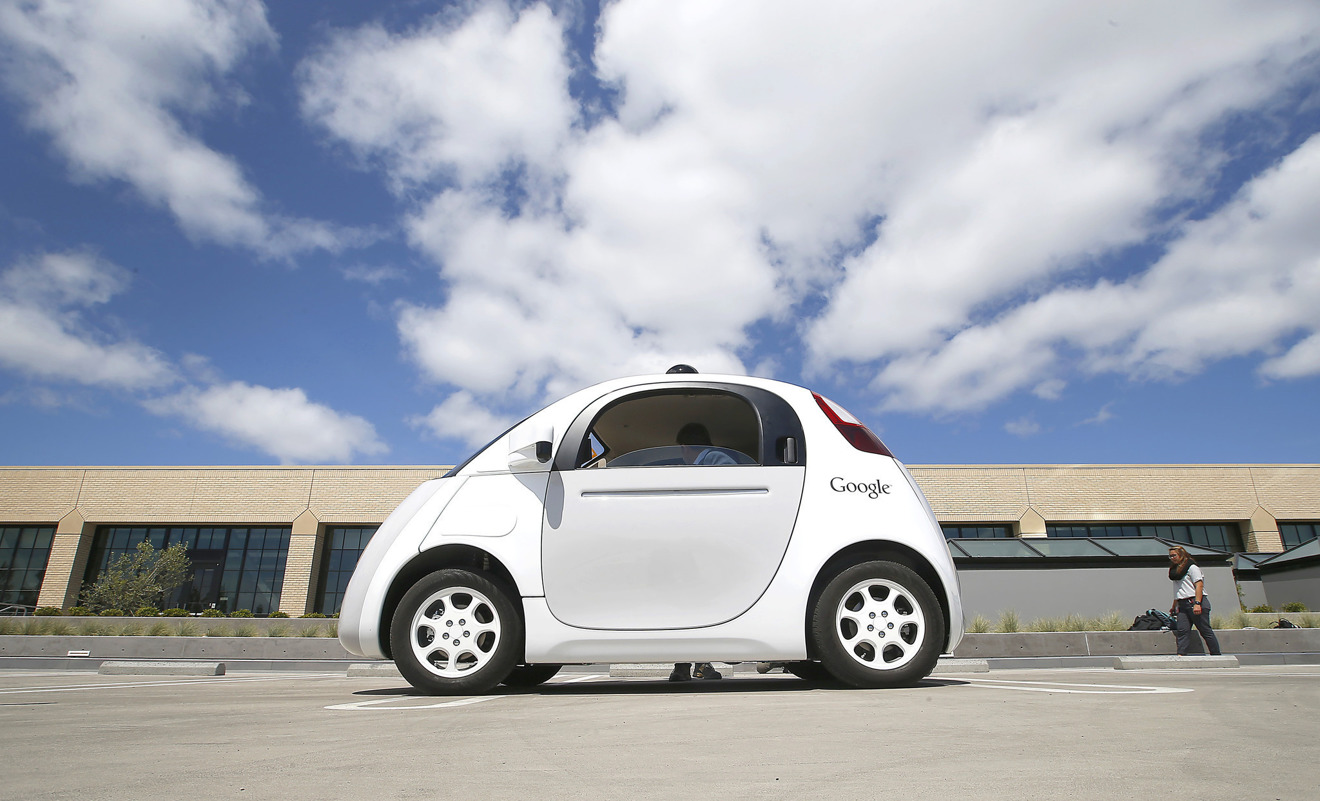
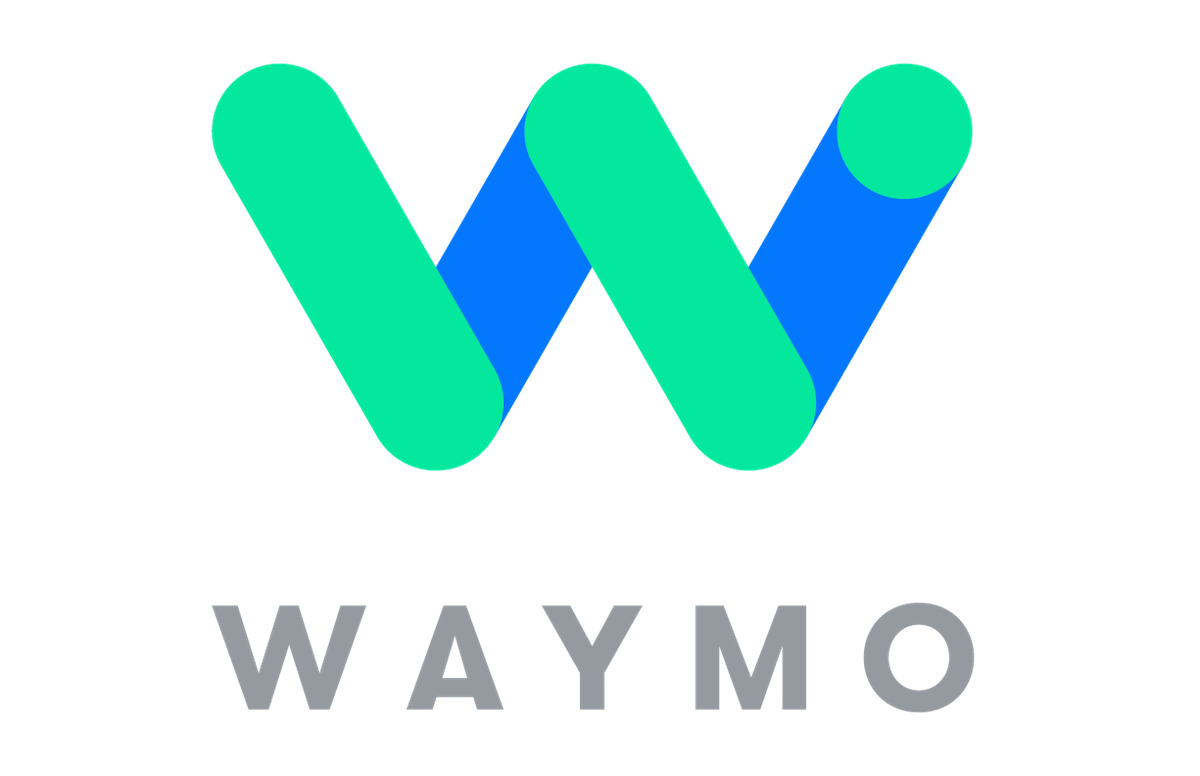

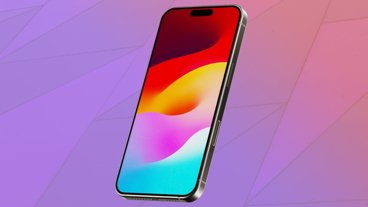

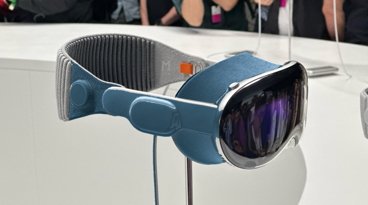



-m.jpg)





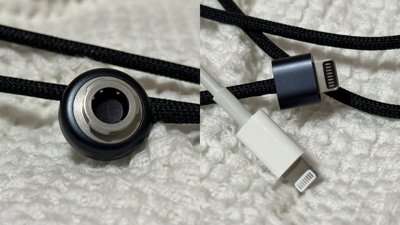
 Malcolm Owen
Malcolm Owen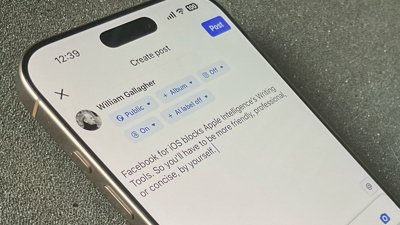
 William Gallagher
William Gallagher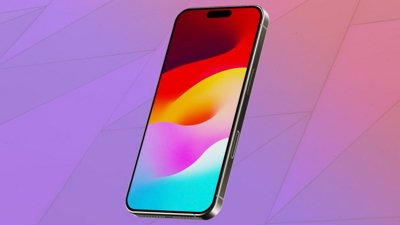

 Andrew O'Hara
Andrew O'Hara
 Wesley Hilliard
Wesley Hilliard


 Marko Zivkovic
Marko Zivkovic




-m.jpg)




21 Comments
So, having heard for years Google is more innovative (like Glass and the development of a self-driving car), in the end they "follow Apple" ;)
Google is far from innovative. I don't know where all of these experts get this from. What have they don't lately that use useful? What have they done in the past 5-6yrs that is still here today? Most of the stuff they develop, they drop. I would never use anything Google not only because of privacy issues, but also the lack of support. The only things they've really kept so far is gmail, Android, CrapOS...I mean ChromeOS, and Google Apps (Sheets, Slides, Classroom, etc). As I've said before, all they do is throw shit at the wall and see if it sticks, and then even if it does stick they sometimes still drop it entirely.
People just hear Google is coming out with this or that on the news and they just associate this with innovation. Of course the news never says anything about all the stuff they've came out with throughout the years that they've dropped.
One possible difference based on reports concerning the two companies is Google has long said it had no intention of actually building vehicles for sale to consumers. Their goal has always been to let car companies build cars on Google's autonomous platform. Apple was considering an entire vehicle build according to "those in the know".
So this particular piece of reporting, which remember is a rumor like many others, has to do with the way Google envisioned self-driving vehicle cockpits. If true they are demurring to the conventional auto makers and their current drive-space designs instead of insisting that driver intervention be avoided. I get why they'd believe that allowing a human driver to interfere with autonomous driving would potentially make the entire platform more dangerous and unpredictable, but drivers aren't (yet) ready to accept truly hands-off highway transport.
IMHO the best way forward if they want to get there eventually is ease into it with steering wheels for driver override if that's what makes folks feel more comfortable about it. For the sake of overall safety tho I think it's inevitable that hands-off will have to be the rule at some future point. Mixing unpredictable and easily distracted human drivers with truly autonomous vehicles in constant communication with other vehicles around them to prevent accidental contact is a disaster waiting to happen